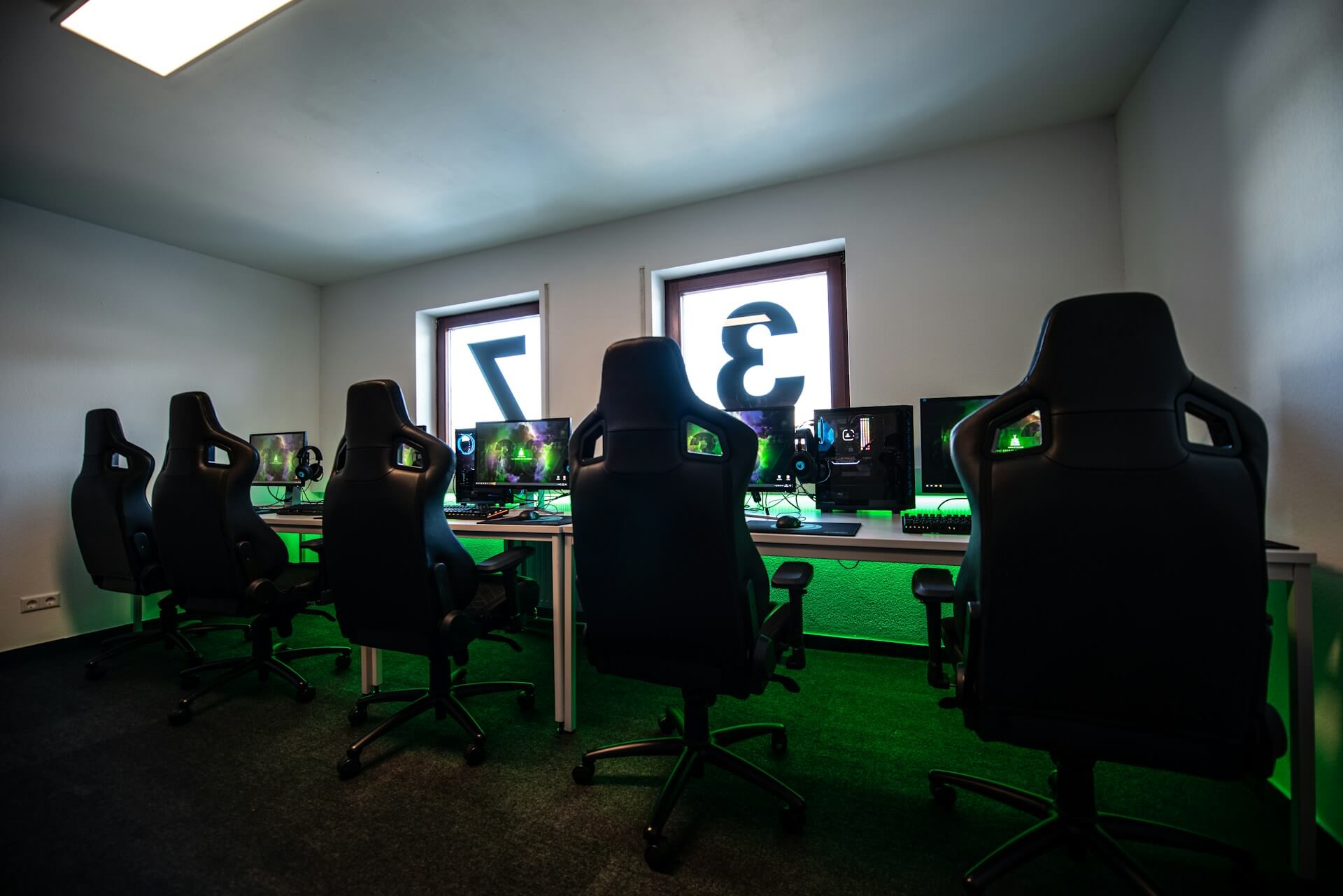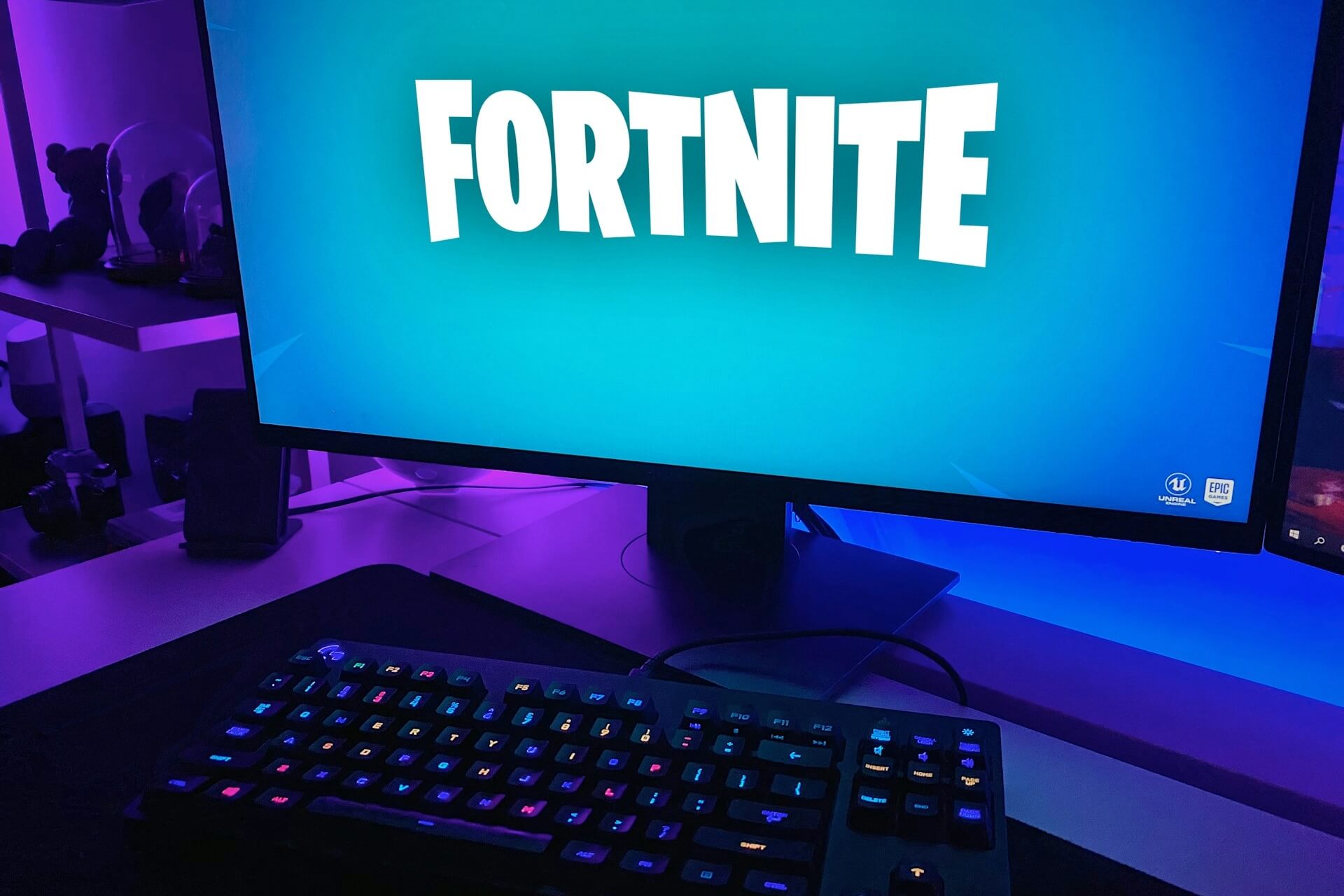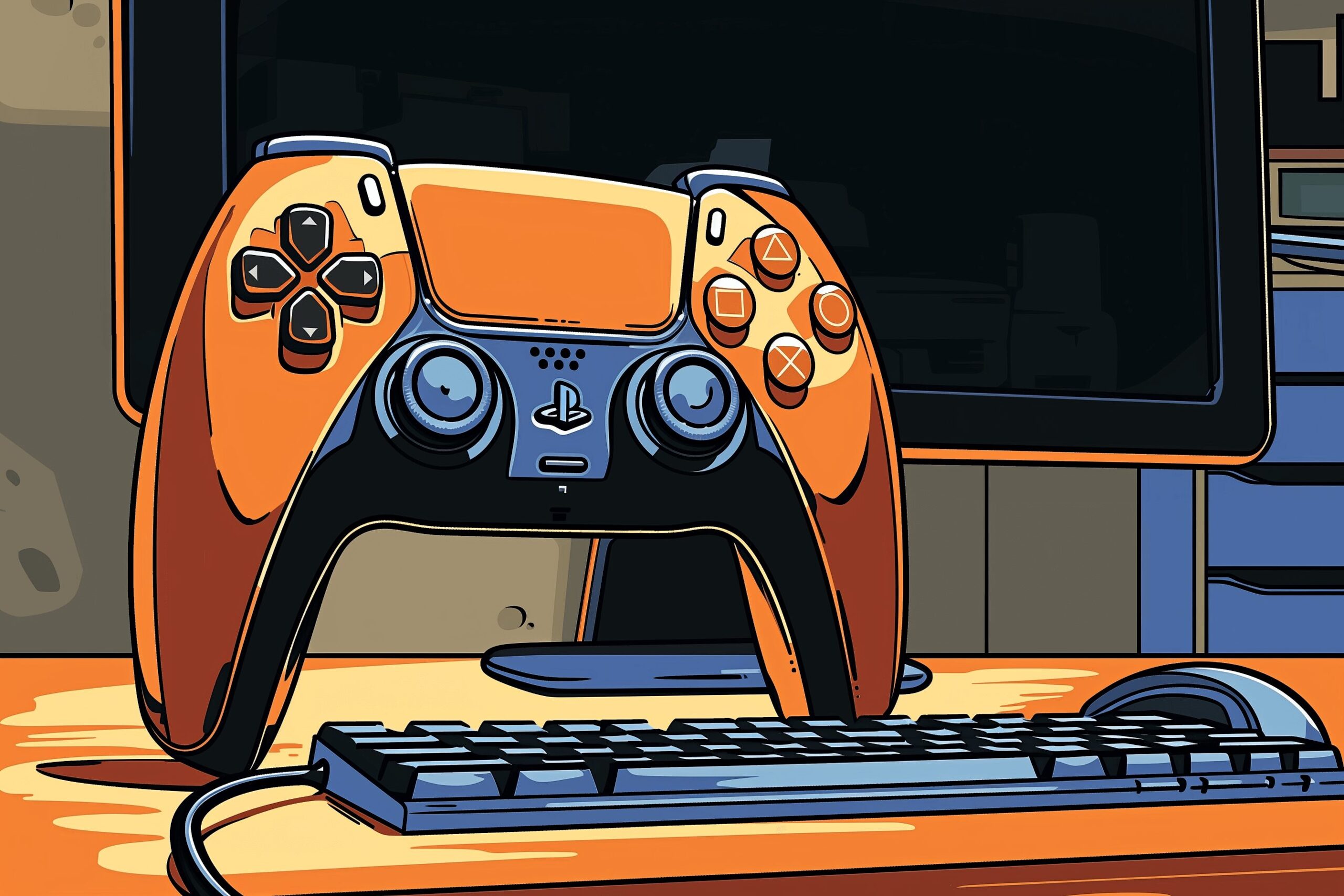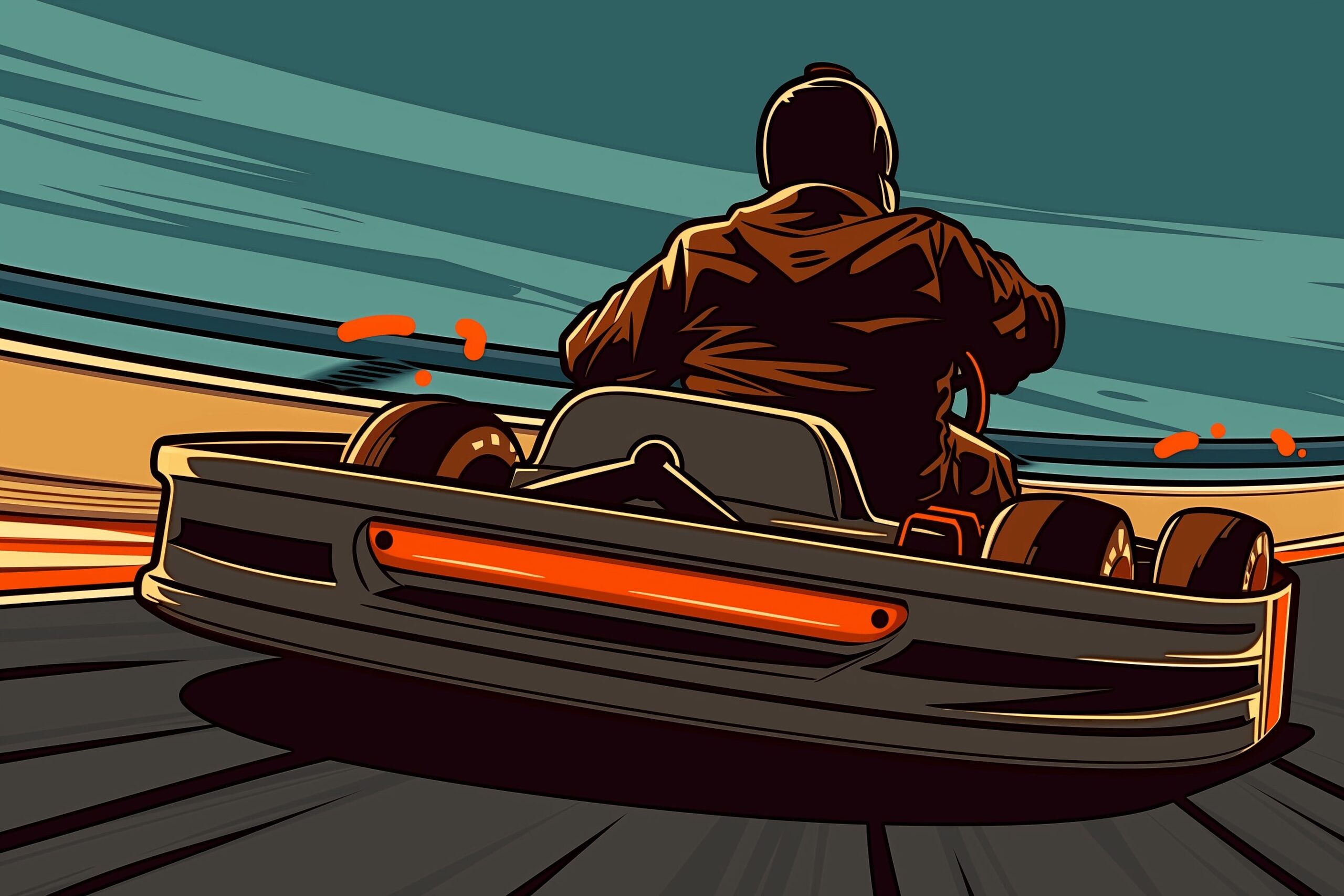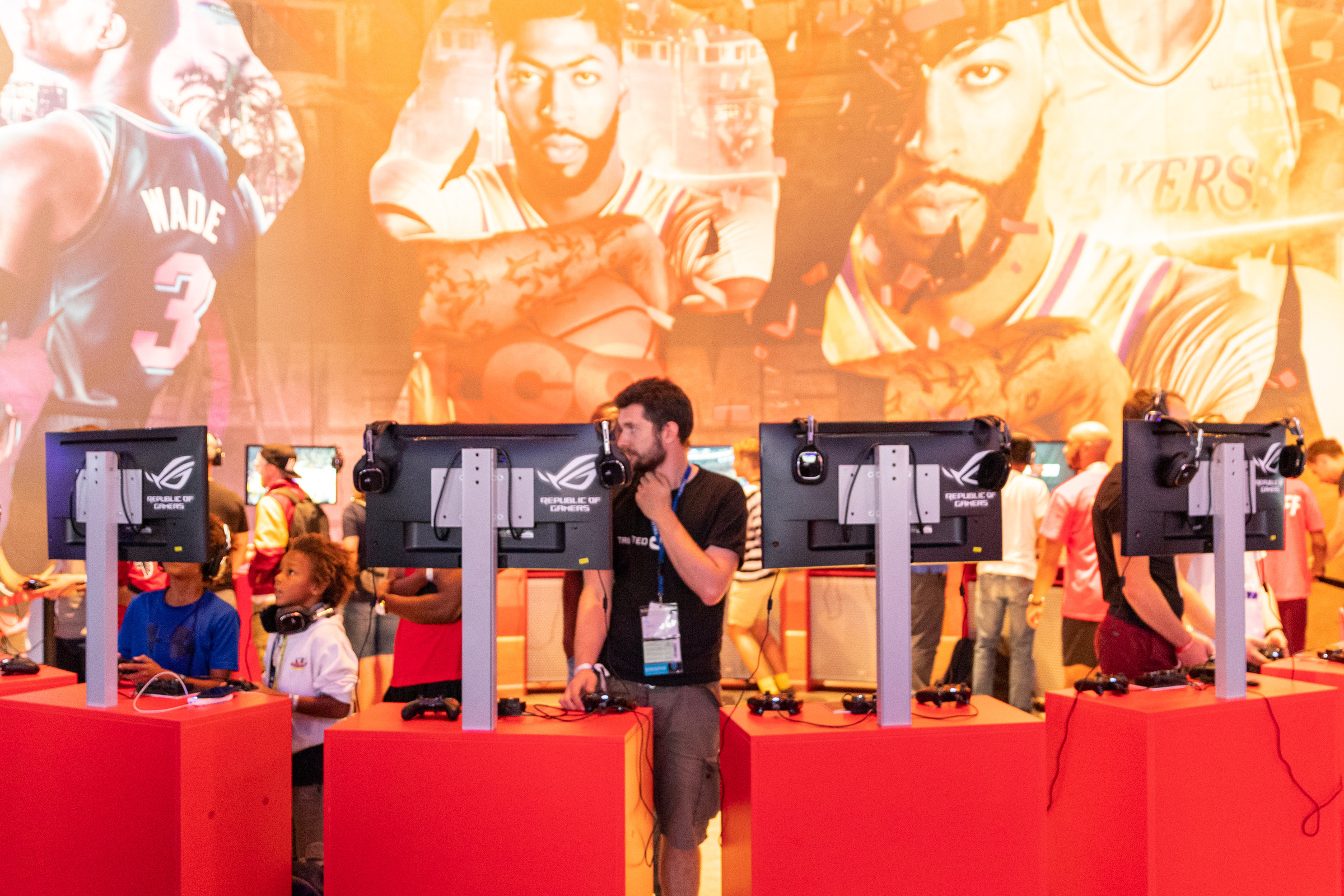The Top 5 Banned Video Games in the US
Nov 28, 2023
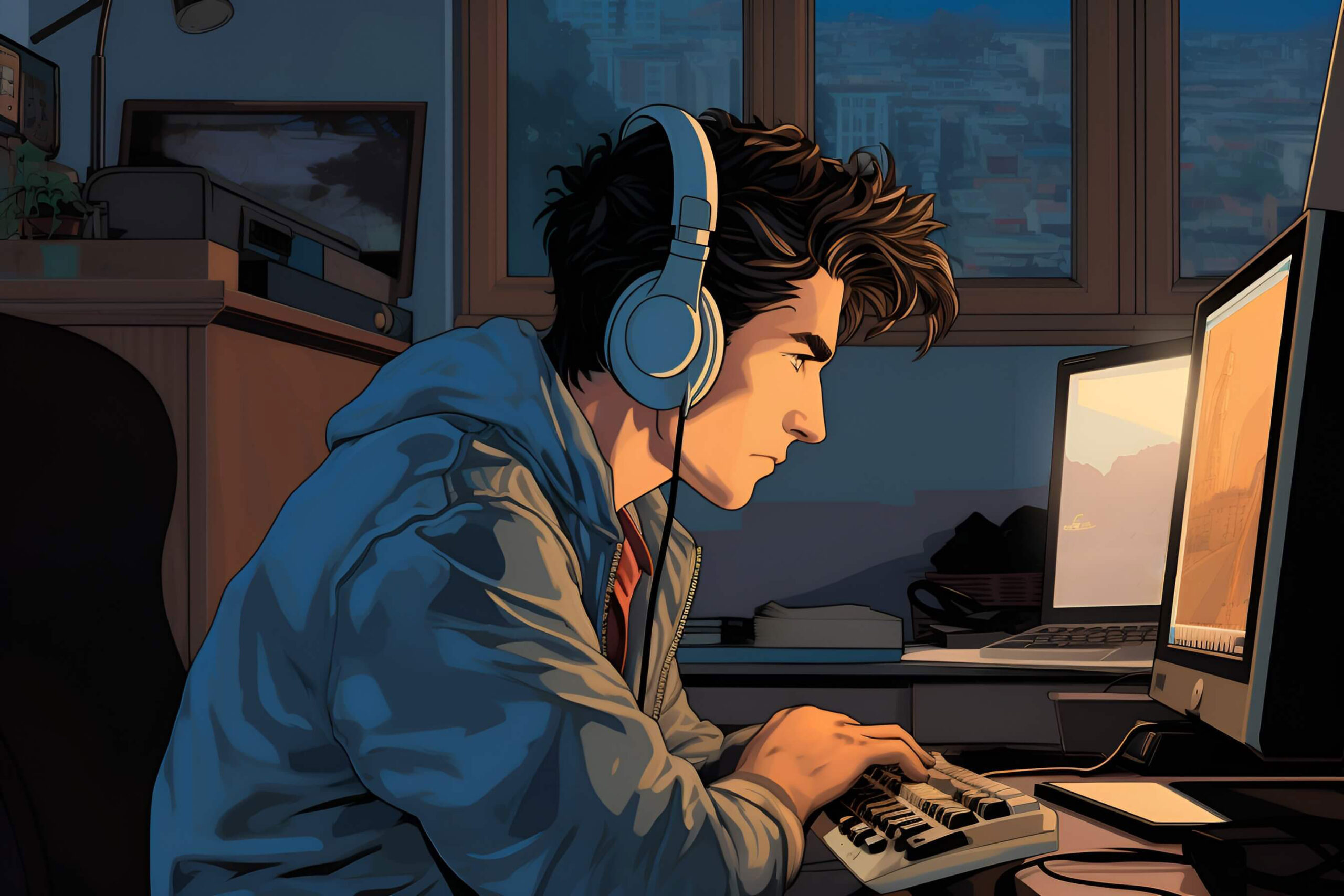
As an Amazon Associate, Modded gets commissions for purchases made through links in this post.
The United States doesn’t have nearly the record of game censorship that other nations have, meaning that stopping release normally means something bad. From excessive nudity to active shooter games, there are many titles reasonably banned. However, some banned games aren’t at fault for their demise. Here are the top seven banned video games in the United States and the surprising stories behind them.
1. Too Human
When you think of Epic Games, you probably think of properties like Fortnite. In the early 2000s, now-defunct studio Silicon Knights used Epic’s Unreal Engine 3 to develop their games.
They ended up suing Epic after the company allegedly failed to follow contract requirements, including not meeting deadlines and not updating the engine with bad intent. In return, Epic countersued, stating Silicon Knights engaged in copyright infringement, breaches of their contract and misappropriation of trade secrets. Epic also argued that Silicon Knights clearly knew that Unreal was still in development and may not have all the expected features.
Based on the status of both developers, you can probably guess what happened. Epic won the lawsuit in 2012, earning $4.45 million on the countersuit claims. The copyright infringement claim led to a handful of game bans, including Too Human.
Too Human is an action role playing game released in 2008. The plot centers on cybernetically augmented Norse gods and remaining humans on a frozen planet. The main character is Baldur, the Norse god of light, joy, purity, beauty, innocence, and reconciliation. Aside from fun gameplay and impressive customization options, the story is immersed in each aspect of the RPG. Flashbacks happen that provide more information about the past world and players can connect to cutscenes by operating Baldur during them.
Microsoft released the game for XBOX and the Epic/Silicon Knight lawsuit demanded its removal from the XBOX marketplace. In 2019, it did return as a free game backwards-compatible with XBOX One.

2. Devotion
Devotion is a Taiwanese horror game that received an expected political ban before shockingly getting pulled worldwide.
The gameplay was simple and relatively innocent. Players navigate a ghost story through the eyes of troubled screenwriter Du Feng-yu. While nothing done by the main characters is outcry-worthy, there were easter eggs hidden throughout the apartment’s wall poking fun at Chinese President Xi Jinping. The most famous of these references compared the president to Disney character Winnie the Pooh. Unsurprisingly, China was quick to ban the title.
Then, something unexpected happened. Developer Red Candle Games delisted the game in all countries, though China was the only one to previously ban it. This kept it from coming onto Steam in the US, though American regulators never got the chance to look it over.
Red Candle did release Devotion again in 2021 on its platform, with updates toning down the presidential jokes.
3. Paranautical Activity
This game was the innocent victim of one of its creator’s behavior. The gameplay is exactly what the title makes you think. It’s shooting ghosts on a haunted ship. However, when Steam failed to update Paranautical Activity’s product description, things got ugly.
Noting the error, developer Mike Maulbeck ranted about it online. By still stating the game was in early access, Maulbeck feared it would hurt sales. His valid concern ended up on the backburner though when he ended the tirade by making a direct death threat to Valve president Gabe Newell.
Understandably, Valve no longer wanted Maulbeck’s game on Steam, swiftly removing it from their platform. They also deactivated his admin account. Month’s later, Code Avarice sold the game’s rights to Digerati Distribution who got it reinstated on Steam before releasing a deluxe edition.
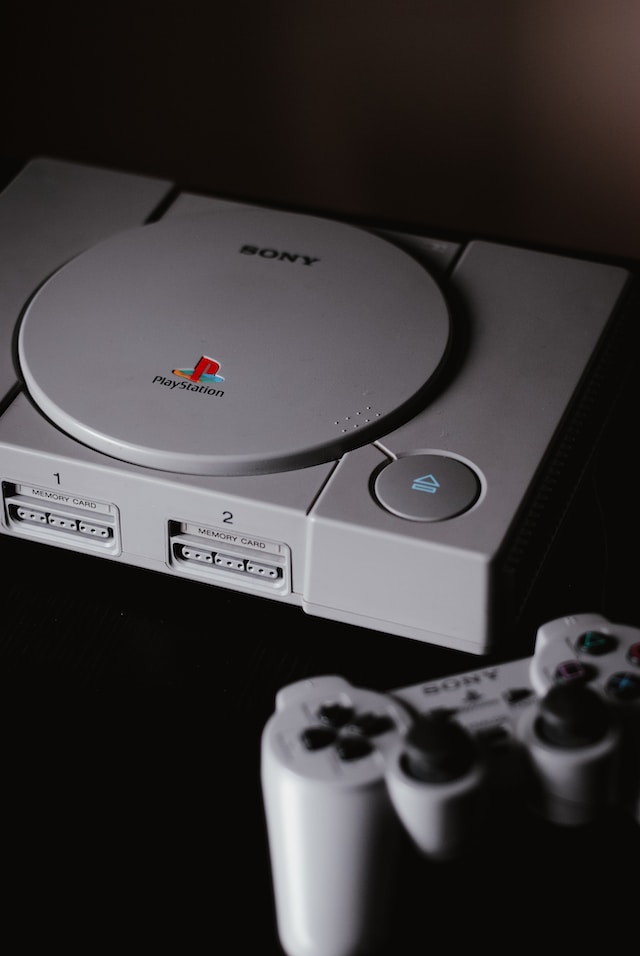
4. Thrill Kill
Thrill Kill was meant to compete against Mortal Kombat during the latter’s success during the 1990s. The players are fighting for a chance of reincarnation after getting sent to Hell. The graphic game was considered fun by reviewers who got their hands on it early and it was set for its 1998 release. Then, EA got cold feet.
Electronic Arts (EA) acquired the publishing rights for Thrill Kill after purchasing its publisher, Virgin Interactive. Once EA released just how graphic the game got, they decided to pull its release. While intense for the time, Thrill Kill is far from the darkest games on the market today, the initial shock of Mortal Kombat was still on many’s company’s minds.
Bootleg versions of the game later appeared on pirating sites. Activision reskinned the game to produce Wu-Tang: Shaolin Style.
5. Granny Theft Auto
The pure silliness of this game makes it a near-crime that it’s no longer on the market. Part of the XBOX Live Creators Program, the game was part of Microsoft’s quest to build a large library with games from independent publishers. The program allowed indie developers to quickly publish the game on the platform with a simple certification process.
Archer Games created Granny Theft Auto around the concept of grandmothers inserted into a Grand Theft Auto plot, though they’re looking for giant pies and shooting teddy bears at the Bazook-a-Bear Workshop. It’s an open-world environment with many adventures that are as crazy as they are fun.
Archor Games had to remove Granny Theft Auto along with all its other titles because they used copyrighted music. For this “GTA,” it was a MIDI version of “Uptown Funk.” Before the ban, Anchor sold it for only four cents. It’s fondly remembered as one of XBOX’s most random but fun games.
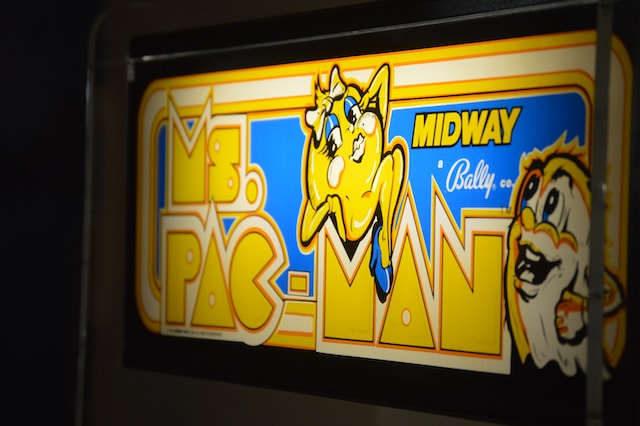
Honorable Mention: Pac-Man
Pac Man was one of many games subjected to a non-discriminatory video game ban in Marshfield, Massachusetts. In 1982, the town expanded a ban on coin-operated amusements to include all arcade games, including the famous Pac-Man. It stemmed from the public’s fears that video game addictions would lead kids to lives of crime.
Incredibly, the ban officially lasted until 2011. Now, Pac-Man, Space Invaders and other classics once again have a home in Marshfield.
Learning from Banned Video Games
While games can get banned in the US for being too inappropriate, these five were the victims of circumstance. With intriguing gameplay and storytelling, these relatively innocent titles didn’t deserve their fate. Learning about the bans can help us better understand censorship, copyright and how outside factors can impact products.

